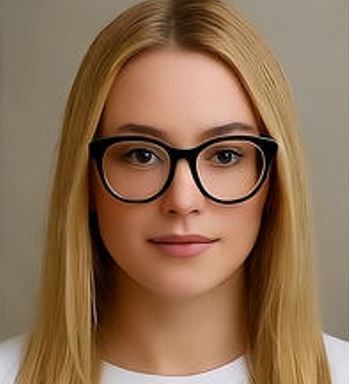Paderborn's scientists are revolutionizing quantum computer technology!
Scientists from the University of Paderborn present PaQS, Europe's largest photonic quantum computer for solving complex problems.
Paderborn's scientists are revolutionizing quantum computer technology!
The potential of quantum technologies, which explore the fundamentals of physics down to the smallest detail, opens doors to previously unimaginable possibilities. In particular, the development of quantum computers is a central focus of scientific research and technical innovations that promise to far surpass existing computing technologies. In Paderborn, researchers have achieved a significant achievement: They have successfully put Europe's largest sampling-based quantum computer, the “Paderborn Quantum Sampler” (PaQS), into operation.
This impressive project was realized as part of the PhoQuant funding initiative of the Federal Ministry of Education and Research (BMBF) and brings together the expertise of 13 partners from science and industry, including companies such as Menlo Systems, Fraunhofer IOF in Jena and Swabian Instruments. The project is coordinated by Q.ANT, a leading German company for quantum technologies. With a total of around 50 million euros in funding, the project aims to bring Germany to the forefront of the international competition for photonic quantum computing.
New approaches in quantum research
Quantum computers are known for their sensitivity to imperfections, which is why there are various research approaches around the world. The leading photonic quantum computers are currently located in countries such as China, Singapore, France and Canada. In Germany, however, the team led by Professor Dr. Christine Silberhorn uses the special expertise in integrated photonics to realize a new model called the “Gaussian Boson Sampler”. This requires the development of many new components and shows the complexity and effort of the project.
The PaQS system is a paradigm of Gaussian boson sampling, which measures from which outputs of a photonic network the photons emerge. This opens up completely new possibilities in quantum computing research. Unlike previous models, PaQS was designed with a clear focus on system integration and full programmability, meaning any desired configuration can be easily implemented.
Functionality and possible uses
The PaQS system is more than just a technical device; it represents a flexible tool for solving complex problems. For example, it could be crucial in studying protein folding or calculating molecular states in drug discovery. The programmability of the system makes it possible to integrate future applications, giving research unprecedented flexibility.
A key element of the PaQS system is the creation of squeezed states, which act as quantum resources in this context. These special light sources make it possible to make optimal use of quantum mechanics. Professor Silberhorn and her team drew on their many years of experience in developing optical waveguides to generate squeezed states that drive the quantum computer.
Overall, the progress achieved by the researchers in Paderborn is a significant step in quantum research. The development of photonic quantum computers that use light for calculations offers a clear perspective towards scalability and high clock speeds. By continuing to examine the benefits and challenges of different approaches to quantum computing, scientists are moving much closer to maintaining Germany as a pioneer in this scientific discipline. Further information about the project is available here to find.
(pd/University of Paderborn)

 Suche
Suche
 Mein Konto
Mein Konto
